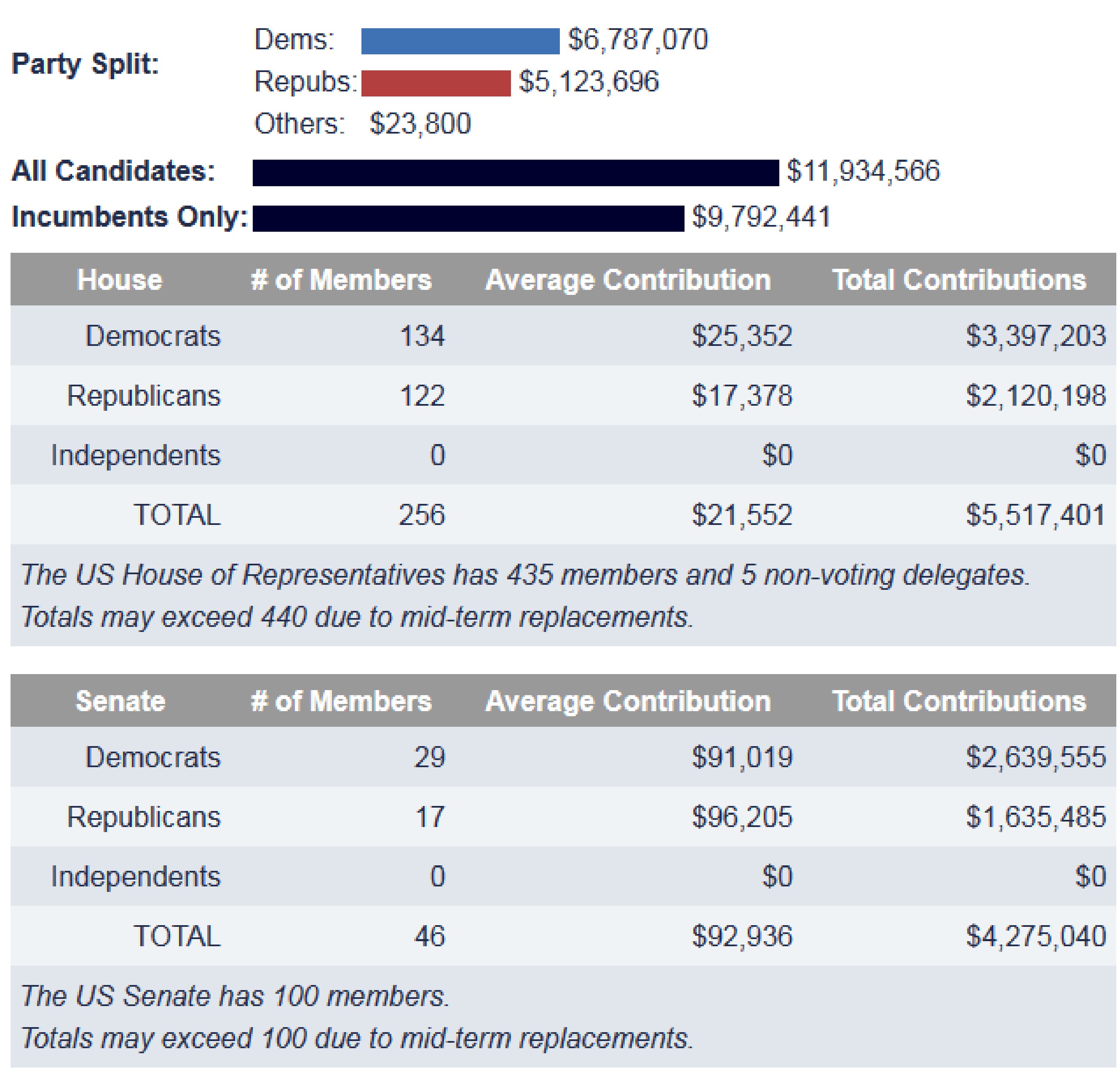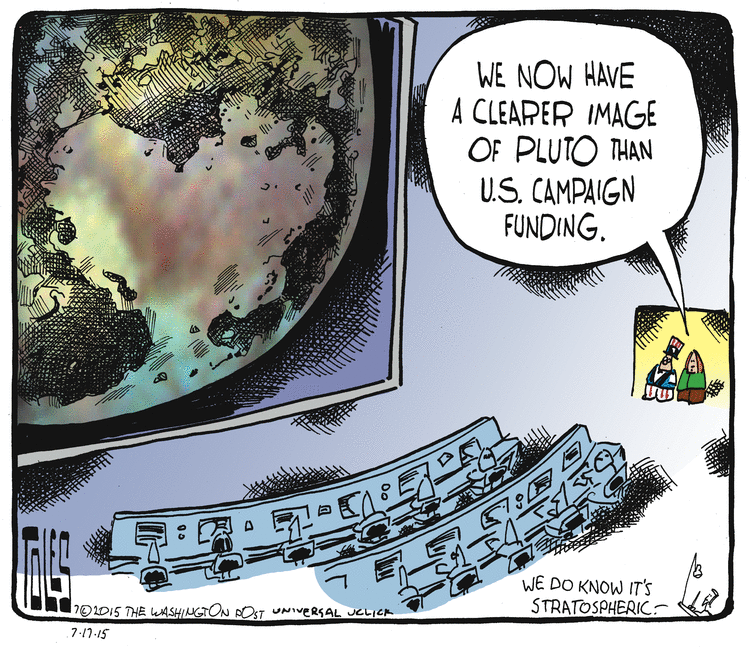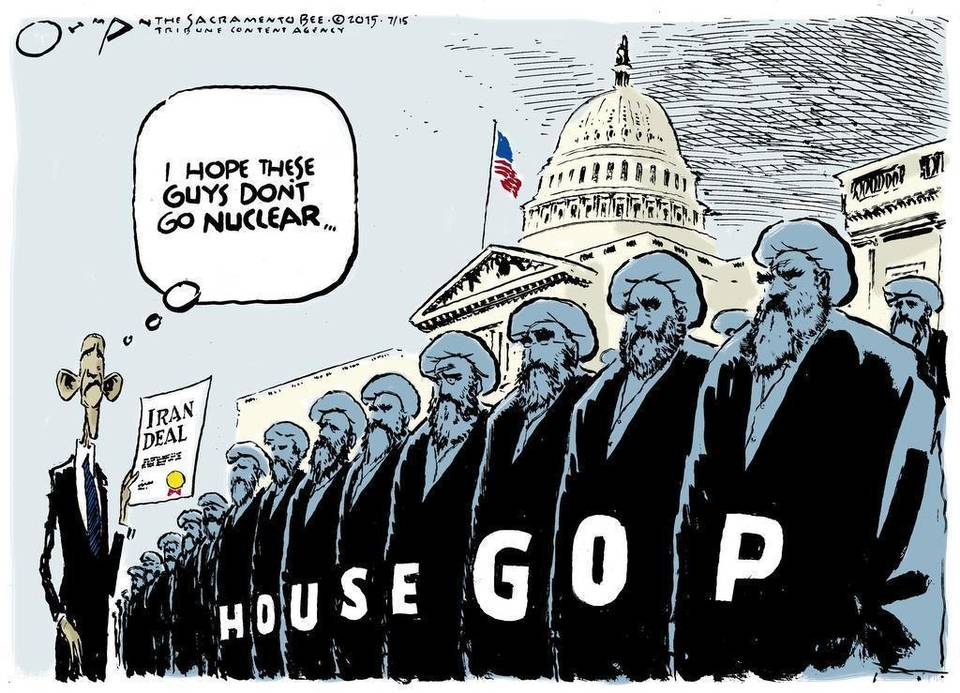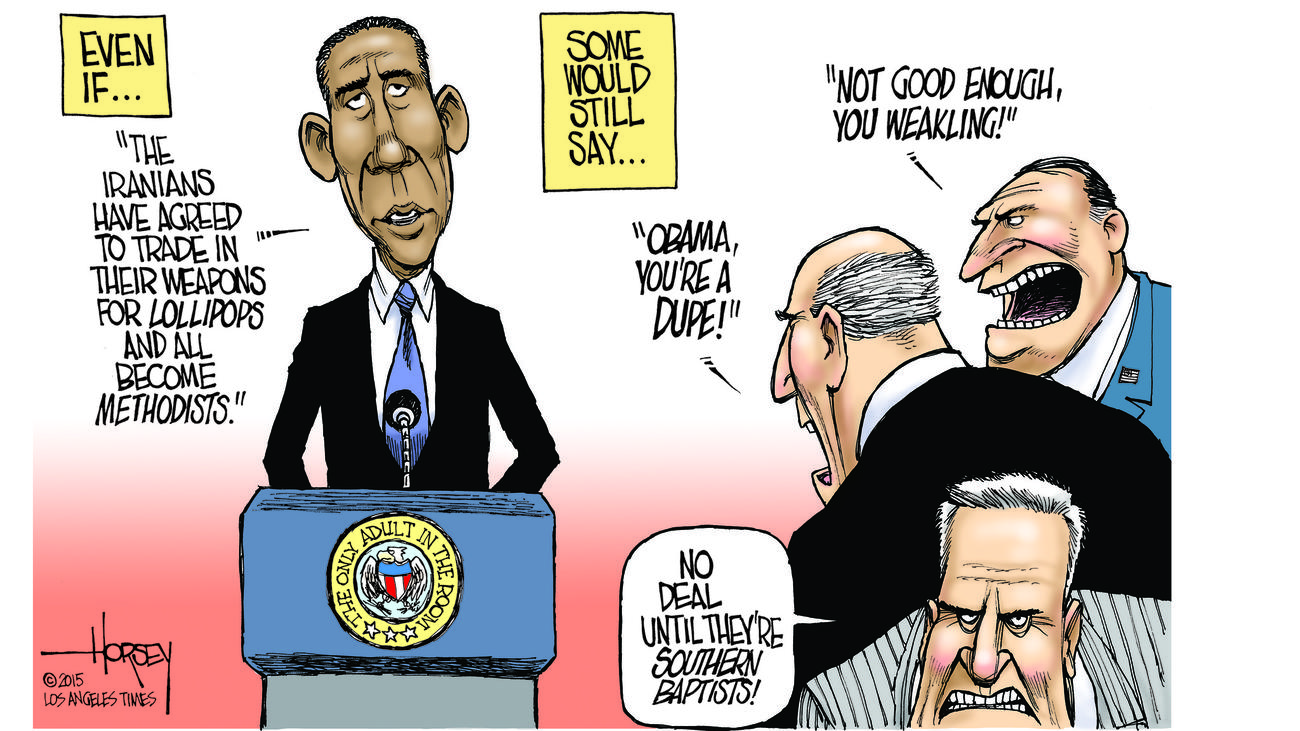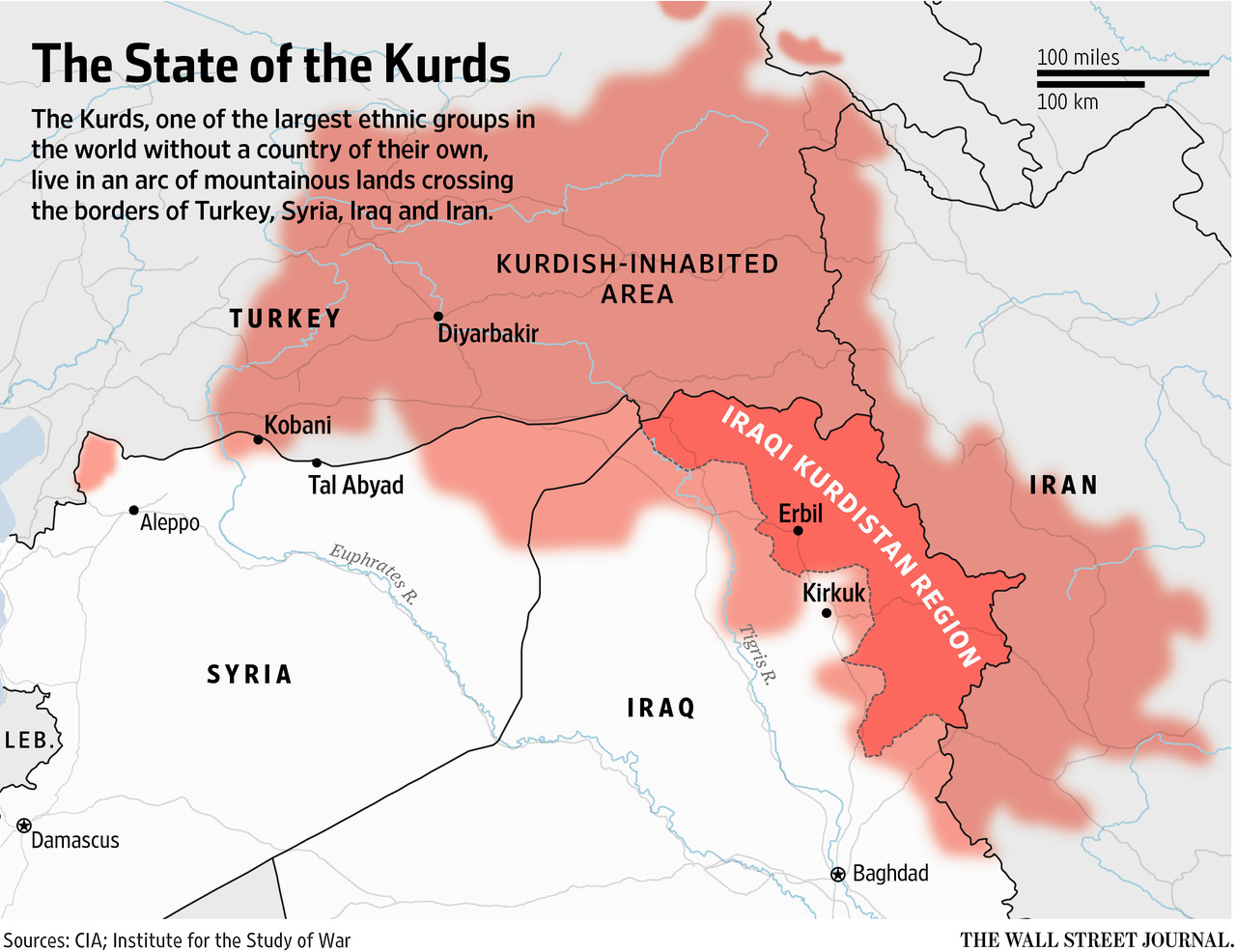Pat Lang, a retired Colonel in Military Intelligence and a specialist in the Middle East who taught Arabic at West Point, says at his blog, Sic Semper Tyrannis: (brackets by the Wrongologist)
The present strategy of the US for defeat of ISIS is ultimately dependent on the Turks. Turkey is the main pathway through which ISIS receives recruits…and [is] the main pathway through which ISIS continues to export oil to raise money. Erdogan’s Turkey has until very recently barred the US from the use against ISIS of air bases built and maintained by the US for NATO.
On July 25, The Guardian disclosed that US Special Forces had captured “hundreds of flash drives and documents” when they raided the compound of Islamic State’s financial chief, Abu Sayyaf (May 15-16, 2015). The documents showed there had been widespread collusion by Turkish government officials in the smuggling of oil from ISIS-controlled oil fields in eastern Syria.
Lang goes on to say that Turkey and the US have different expectations and goals: The US wants the bases for the war against ISIS, but the Turks want the downfall of the Assad government in Syria and a buffer against a Kurdish state on their southern border. This aligns Turkey with Saudi Arabia and the Sunni governments in the Gulf. The prospect of a Syria dominated by a Nusra Front-led government does not bother Erdogan. He wants a similar outcome for Turkey if he can get enough seats in parliament to change the Turkish constitution to eliminate its Kemalist secularism.
The Turks also want the US to help them bomb the Kurds (by which Erdogan means all Kurds) into submission. To this end, the Turks will use their own forces and any support they can get from the US and the Europeans. In fact the various Kurdish groups, despite their political and tribal differences are really one people. If the US became complicit in attacks on Kurdish fighters of any kind, it risks the loss of our Kurdish ally in Iraq. From HuffPo:
The US finds itself in a position where a key ally, Turkey, is effectively at war with the one ground force, the Kurds, who, when supported by American air power, have been the most effective in rolling back the Islamic State.
Under these circumstances is it any wonder that the ISIS continues to thrive? The Republican drum beat for more American troops on the ground is not because the jihadis are an existential threat to the US but, rather because they menace civilized life in the Islamic World and potentially, across the rest of the world as well. But without real Turkish cooperation, victory over the ISIS isn’t possible, and the US should not attempt it. More from Col. Lang: (emphasis by the Wrongologist)
There will be no Western style Reformation of Islam…Most people reading this do not understand the lack of central religious authority in Islam that leads to this chaos…That lack of central authority, when combined with a mindset that inextricably links religious and political authority creates chaos that can only be resolved by force. We should withdraw from the area and watch in fascinated horror. The Israelis? Well, pilgrims, they have sown the wind…
So, how should our strategy evolve? So long as the US continues to support and play along with our Muslim allies, fighting ISIS is a pointless endeavor. It just digs America deeper into a religious war within Islam without any benefits to us. Once the US is not engaged, we will cease to be manipulated by our erstwhile allies – the Saudis, Turks, Gulf States, and Israelis. At that point, those states will need to concentrate their thinking on matters of their own and regional security.
This would be a smarter strategy than our current plan of kicking the can down the road and believing in unicorns. Analysis by Pat Lang:
…the world has changed; the local has become universal, and the burden of existential misery, caused by overpopulation, climate change, misgovernance, war, poverty and loss of hope, has affected large numbers of people worldwide. Local and temporary “solutions”, especially military ones, will no longer work. And, in fact, are likely to worsen the situation.
Overall, our strategy to assist in the defeat of ISIS has not brought about anything positive. From Rosa Brooks in Foreign Policy:
So far, the US-led military campaign…appears to have achieved few positive results…intelligence sources have reportedly concluded that the Islamic State has not been fundamentally weakened. At best, we are probably prolonging the status quo.
It’s very frustrating that we can’t clear an area the size of Kansas with airpower. Either fight the ISIS all the way, or just leave them the hell alone.
The vote here is to get out of the way.

